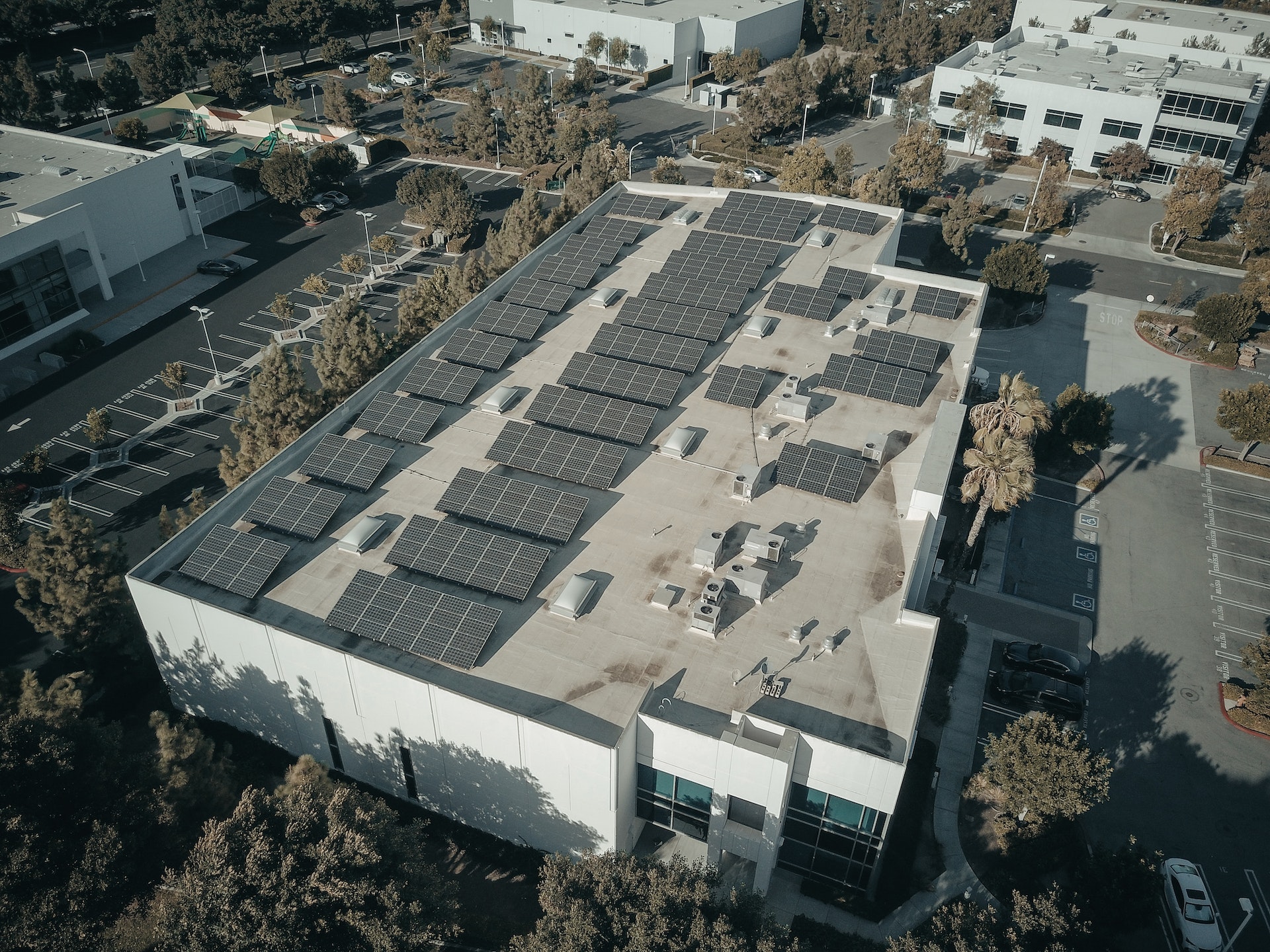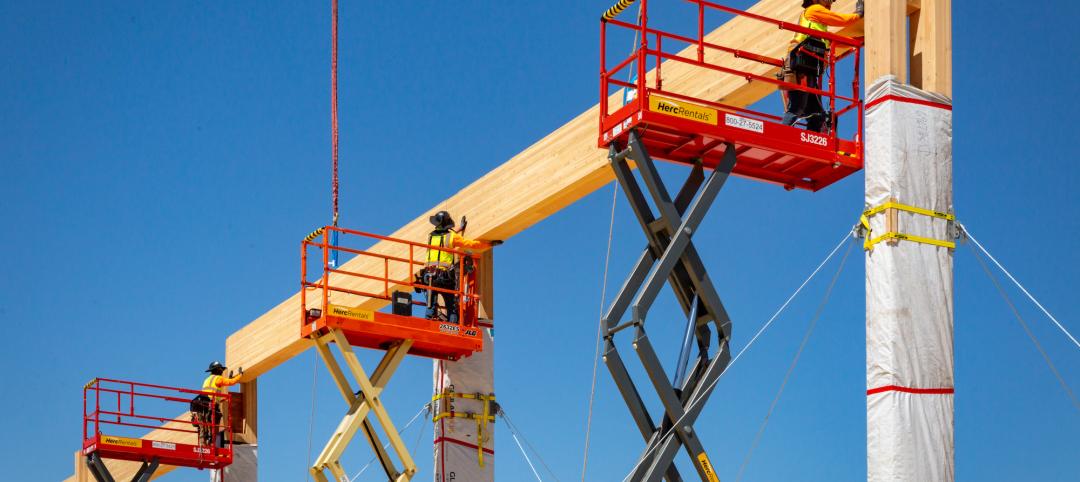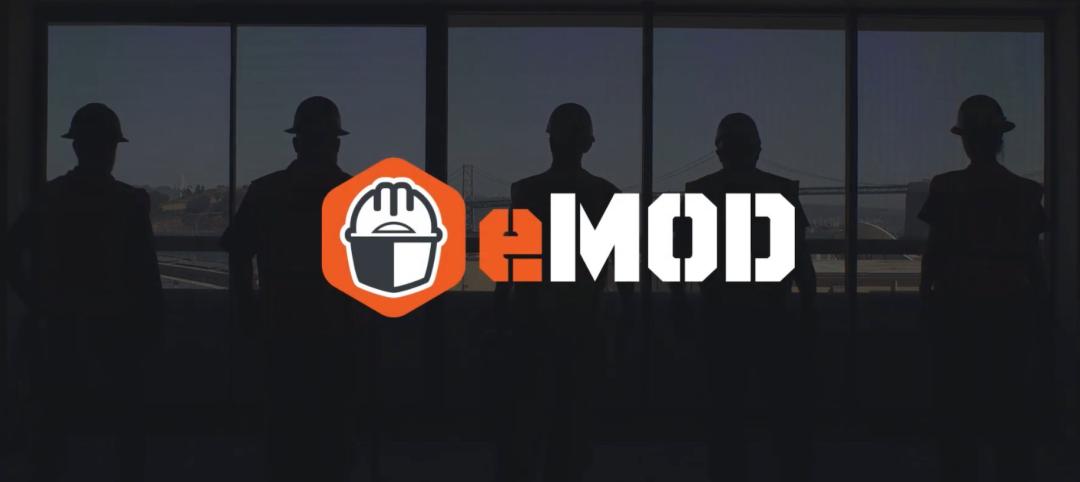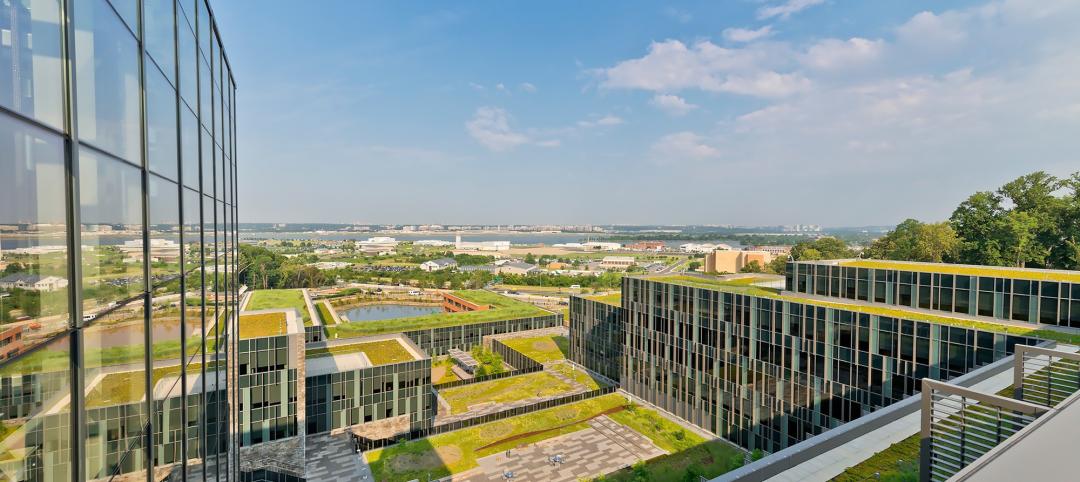In a recent editorial, the USGBC cited a growing number of U.S. state legislators who are “aiming to roll back building energy code standards and/or preempt local governments from advancing energy-efficient building codes.”
“This is a disheartening trend,” the article says, “because building codes are a cost-effective, high-impact strategy for reducing energy bills as well as greenhouse gas emissions.” To illustrate the point, the piece provides examples of legislation in four states that would stymie efforts to make new buildings more environmentally friendly.
In Idaho, a bill removed a clause that allowed certain local governments to maintain energy codes or energy-related requirements that are more stringent than the 2018 Idaho Energy Conservation Code. In Iowa, a bill would repeal energy conservation requirements for new construction and allow local governments to enact energy standards that are less restrictive than the state building code.
A Missouri bill would prevent local governments from enforcing portions of locally adopted ordinances with energy code provisions that go beyond 2009 IECC standards. In North Carolina, a bill proposes to significantly delay code updates.
Proponents of these measures argue that more stringent codes raise construction costs. Opponents cite the savings in utility bills that owners will realize over the life of the structure.
USGBC says it opposes these and similar legislative actions. “Codes are designed to gradually improve and increase efficiency over time, so that builders and the industry can make achievable, predictable adjustments rather than face drastic change,” the editorial states. “This requires that codes be regularly updated so that communities don’t fall far behind. In some states where localities have authority to adopt codes at least as stringent as the state codes, this can help bring the building industry along and facilitate acceptance of the next code version.”
Related Stories
Mass Timber | Jan 27, 2023
How to set up your next mass timber construction project for success
XL Construction co-founder Dave Beck shares important preconstruction steps for designing and building mass timber buildings.
AEC Tech Innovation | Jan 24, 2023
ConTech investment weathered last year’s shaky economy
Investment in construction technology (ConTech) hit $5.38 billion last year (less than a 1% falloff compared to 2021) from 228 deals, according to CEMEX Ventures’ estimates. The firm announced its top 50 construction technology startups of 2023.
Concrete | Jan 24, 2023
Researchers investigate ancient Roman concrete to make durable, lower carbon mortar
Researchers have turned to an ancient Roman concrete recipe to develop more durable concrete that lasts for centuries and can potentially reduce the carbon impact of the built environment.
Sustainability | Jan 23, 2023
How regenerative design is driving AEC industry innovation
HOK's Sean Quinn and Microsoft's JoAnn Garbin discuss the next step of sustainability: regenerative design.
Green | Jan 17, 2023
Top 10 U.S. states for green building in 2022
The U.S. Green Building Council (USGBC) released its annual ranking of U.S. states leading the way on green building, with Massachusetts topping the list. The USGBC ranking is based on LEED-certified gross square footage per capita over the past year.
ProConnect Events | Jan 16, 2023
6 more BD+C ProConnect Events in 2023 – The videos show why you should participate
ProConnects bring building product manufacturers and suppliers together with architects, contractors, builders, and developers to discuss upcoming projects and learn about new products and technical solutions.
Sustainability | Jan 9, 2023
Innovative solutions emerge to address New York’s new greenhouse gas law
New York City’s Local Law 97, an ambitious climate plan that includes fines for owners of large buildings that don’t significantly reduce carbon emissions, has spawned innovations to address the law’s provisions.
Codes and Standards | Jan 9, 2023
EPA reverses course on clean water rule changes enacted by Trump administration
After long legal battles and extensive debate over the expansiveness of the Clean Water Act, the Environmental Protection Agency repealed changes enacted by the Trump administration.
Cladding and Facade Systems | Dec 20, 2022
Acoustic design considerations at the building envelope
Acentech's Ben Markham identifies the primary concerns with acoustic performance at the building envelope and offers proven solutions for mitigating acoustic issues.
Sponsored | Resiliency | Dec 14, 2022
Flood protection: What building owners need to know to protect their properties
This course from Walter P Moore examines numerous flood protection approaches and building owner needs before delving into the flood protection process. Determining the flood resilience of a property can provide a good understanding of risk associated costs.
















